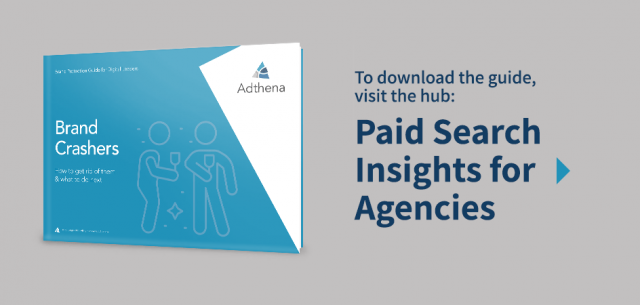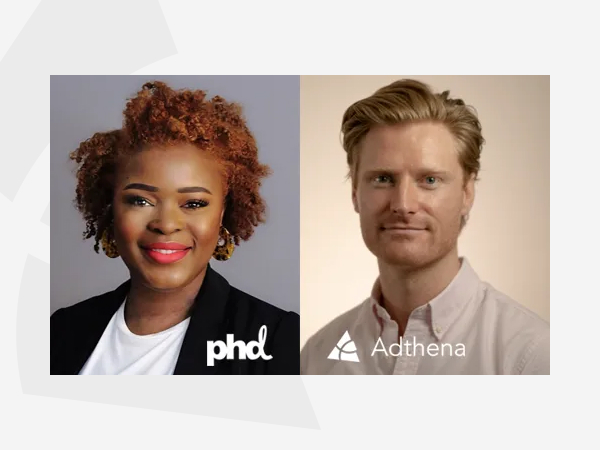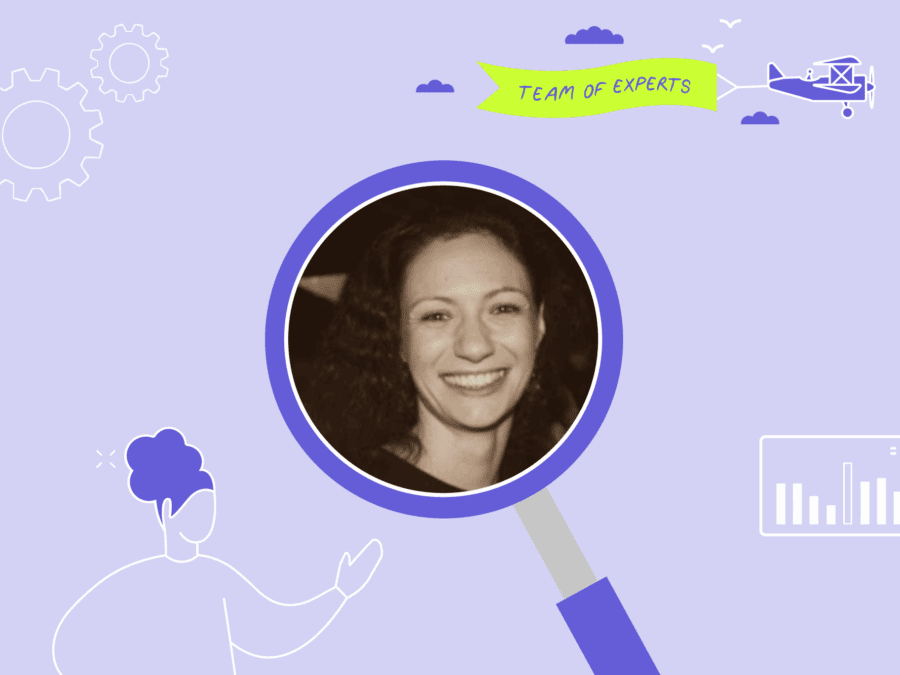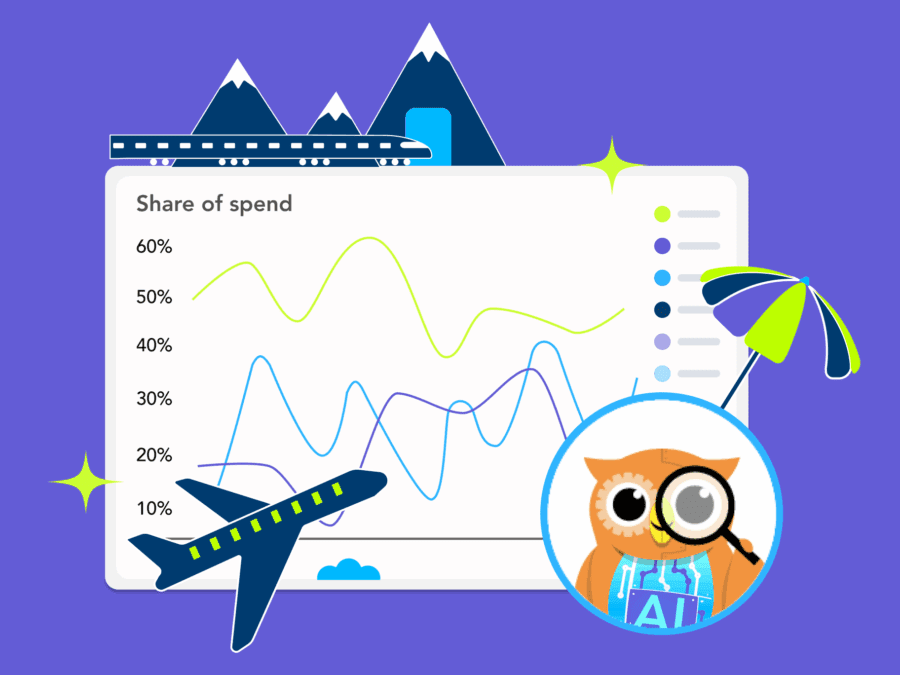Tom: Tell us a bit about what you do Lauren?
Lauren: As Head of Response, I look after paid search, paid social, organic search, affiliate marketing, influencer marketing and content. I lead a team of 60 people working across multiple client accounts and industries, from always-on paid search programs to strategic intelligence projects. I’ve always been passionate about digital. I studied computing in the days when you had to find coding errors manually, so I really appreciate automation and I’m excited to see where it takes us.
The challenges ahead
Tom: What are your biggest challenges this year?
Lauren: One of the biggest challenges for media agencies is going to be figuring out the new meaning of data. With the upcoming changes around privacy, we need to be on top of how we’re collecting and using data for marketing purposes, as it affects everything we do. It will be very important, for ourselves and our clients, not to fall foul of new privacy laws that will be more stern than anything we’ve seen before. And clients are at the forefront of wanting to do everything right.
What clients want
Tom: What are your clients’ challenges, what are they asking for your help with?
Lauren: Clients are calling for an integrated approach to their media, whether that’s broad media or digital, they want to find a partner that can help them connect the dots. So understanding the role of channels and how to connect them better is key. We can’t afford to work in siloed buckets, because the world has moved way beyond that. We need to integrate quickly and urgently enough to make sure brands are getting the most out of their media. The challenge, over and above doing it, is proving that you are integrated.
Clients want to know: Who are my customers? What do they want? When do they want it? At what point do I serve them a message? And on what channels?
We have an approach called ‘rhythms planning’ which spans across the whole consumer journey, and the rhythm of the consumer, to actually answer those questions. As channels develop, new formats come into play, and audience behaviour becomes even harder to nail down, this will become even more important. Planning is one area where Adthena has a role, as we use the always-on monitoring of the search landscape to help inform the process.
On proving value
Tom: How do you prove value to clients?
Lauren: The way we work is starting to come under much more scrutiny – there’s an appetite for more transparency from clients. There’s also a growing interest in true incrementality, so we have to be prepared to lean into that. How are we looking at attribution? What role is the channel playing in the journey? How are we using data to quantify and qualify exactly what we should be spending where.
The clients we speak to need to prove to their board that the channel they’re investing in is delivering maximum returns, and that every single penny is accounted for. We try to make their lives easier and give them conclusive recommendations and enough information to make valid decisions. Having the data and analysis to back it up, especially in paid search, means we’re not just talking about it.
Automation provides a great opportunity to deliver more value to clients. We’re looking at how we can reverse engineer what our people do, breaking down every step it takes to manage a paid search account, for example, and deciphering which steps can be automated and how. Being able to deliver the resulting time and resource savings back to clients as added value will be very powerful. There’s a massive space for automated competitive intelligence in paid search and a huge opportunity to provide this to clients and deliver ROI.
The future of search
Tom: What do you think the future of search looks like?
Lauren: I believe search will continue advancing, but it may become a lot more expensive to advertise. With the removal of cookies and the introduction of the privacy sandbox, advertisers and brands might end up paying more to reach the same audiences.
This could open the door for other search engines to increase their market share. Which wouldn’t be easy by any means, and it would have to happen organically. The statement ‘I’ll just Google that’ – is not going anywhere soon. However, with all the changes happening in digital, who knows if other search engines might start to gain some traction.
Paid search will always be a really important part of digital marketing – and it will certainly get more intelligent, so personally I’m excited to see where it goes.
………
PHD is a leading global communications agency with over 6,000 employees in 100 offices worldwide, and is a part of Omnicom Media Group. phdmedia.com
To find out more about how Adthena’s competitive intelligence can help you deliver value to your clients, take a look at our solutions or get in touch with tom.larkin@adthena.com
More in this digital agency series:
- In conversation with: Erika Mendes at ROAST
- In conversation with: Jennifer Miller at Neo Media World
- In conversation with: Matt Boland at ForwardPMX
- In conversation with: Emily van Lierop, VW – PHD Global
………
Read more agency insights and download the guide ‘Brand Crashers: how to get rid of them and what to do next’ on our hub: Paid Search Insights for Agencies.





